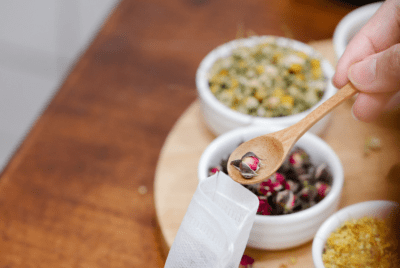RESEARCH
Horticulture Therapy Affected the Mental Status, Sleep Quality, and Salivary Markers of Mucosal Immunity in an Elderly Population
Summary
This study explored how gardening activities, known as horticultural therapy (HT), could improve the emotional well-being, sleep quality, and immune function of older adults. Twenty-four elderly participants aged 70 to 93 from care homes and day centers in Taiwan took part in a six-week program involving fun, hands-on gardening activities like planting vegetables, designing healing gardens, and making flower baskets. Before and after each session, participants gave saliva samples and filled out questionnaires to measure changes in mood, sleep, and immune health. The study focused on tracking positive feelings and important immune markers like IgA, lactoferrin, and other proteins found in saliva.
The results showed that participants felt significantly happier, more satisfied, and mentally better after each gardening session. Sleep quality also improved over the six weeks. Saliva tests showed boosts in immune-related proteins, suggesting that gardening helped their bodies fight off illness. The program was especially effective even for participants with mild to moderate dementia, making it a promising therapy for aging populations.







